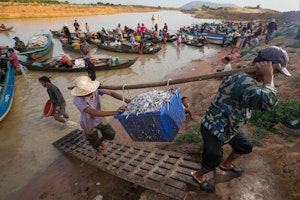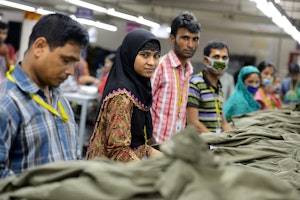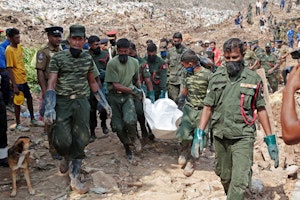In Afghanistan, competition for natural resources underlies many local and regional conflicts. At the same time, natural resources offer Afghanistan a critical source of state revenues, as international aid diminishes. In the context of the withdrawal of ISAF/NATO forces and decreasing donor aid, establishing a pragmatic and sensible approach to managing natural resources will be vital. Renard Sexton, a visiting scholar with the Program on Crisis, Conflict, and Cooperation at the Center for Strategic and International Studies, will discuss his research on seven cases of local conflicts throughout Afghanistan driven or exacerbated by issues surrounding natural resources.
Renard Sexton is an expert on conflict, natural resources, and international affairs across the developing world, including South Asia, Latin America, and West and Central Africa. He has undertaken fieldwork on three continents, including spending significant time in Ecuador and Afghanistan, and shorter stints in Sierra Leone, India, and Haiti.
Before coming to Afghanistan, he worked for Fundación Futuro Latinoamericano in Quito, Ecuador, and before that the UN Environment Programme’s Post-Conflict and Disaster Management Branch, focused on West and Central Africa. He has also been a contributor to the New York Times’ blog FiveThirtyEight, the Guardian, the Independent, Foreign Policy, and URD’s Humanitaires en mouvement.
Read more
Justice for All
Using the Law to Empower the People of the Greater Mekong

In a region of the world where governmental and corporate forces often trample the rights of marginalized communities, the Mekong Legal Network is working to ensure the rule of law is accessible to those who need it most.
Voices
What’s Changed (and What Hasn’t) Since the Rana Plaza Nightmare

In the five years since unsafe working conditions cost more than a thousand lives in Bangladesh, some progress has been made. But workers face fundamental challenges—including a state that’s still not doing enough to help.
Voices
Sri Lanka’s New Right-to-Information Law Could Save Lives

For too long, government secrets held Sri Lanka’s democracy back. Now, the law is already shifting power back where it belongs—in the hands of the people.